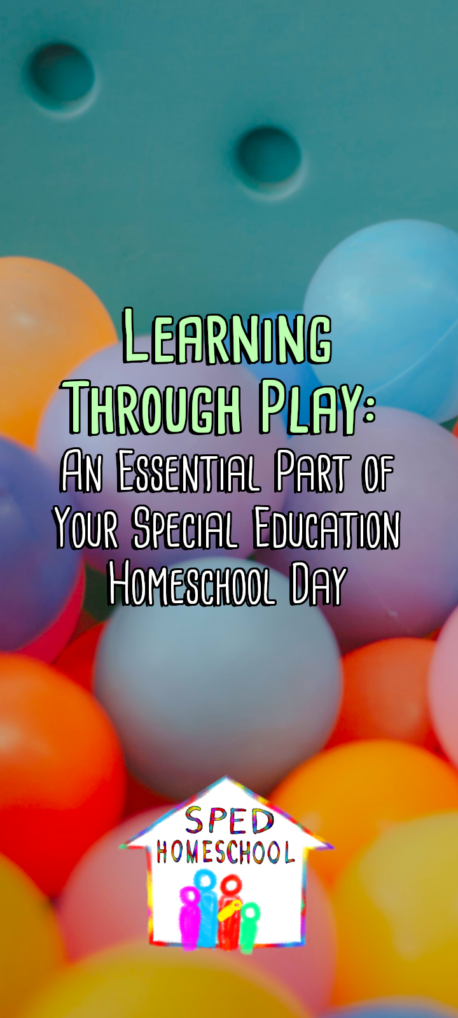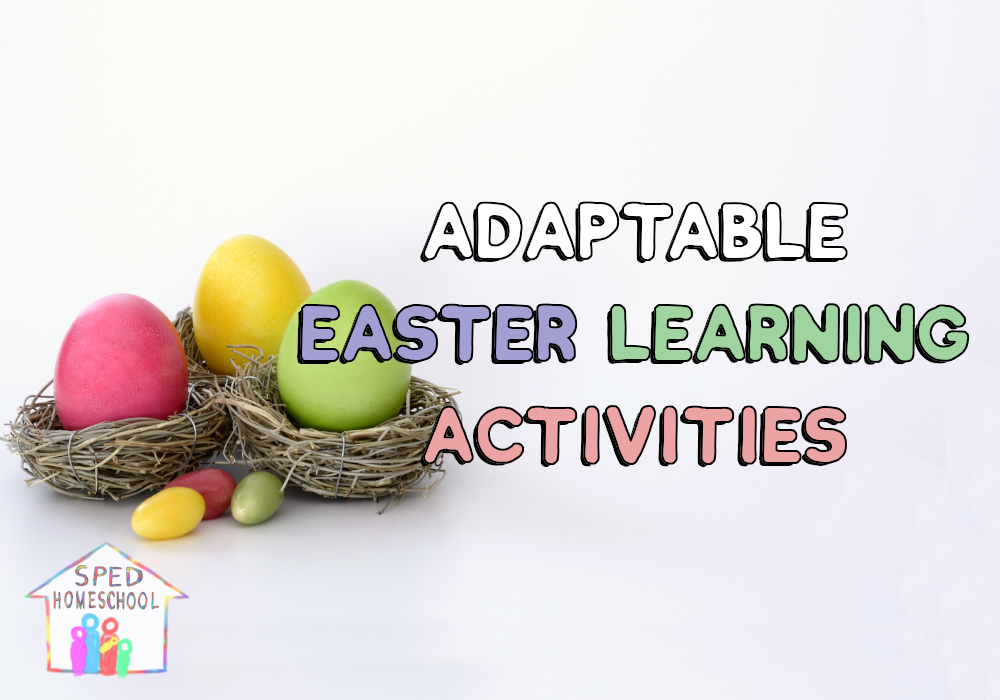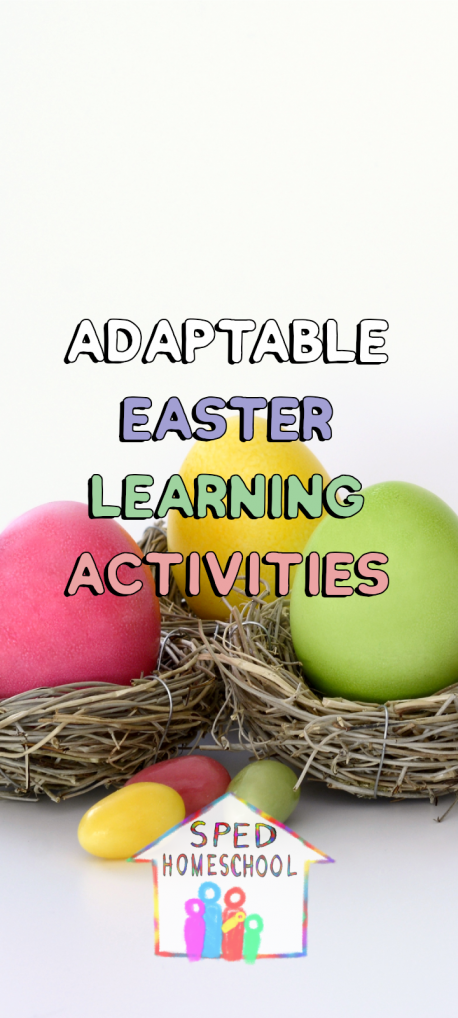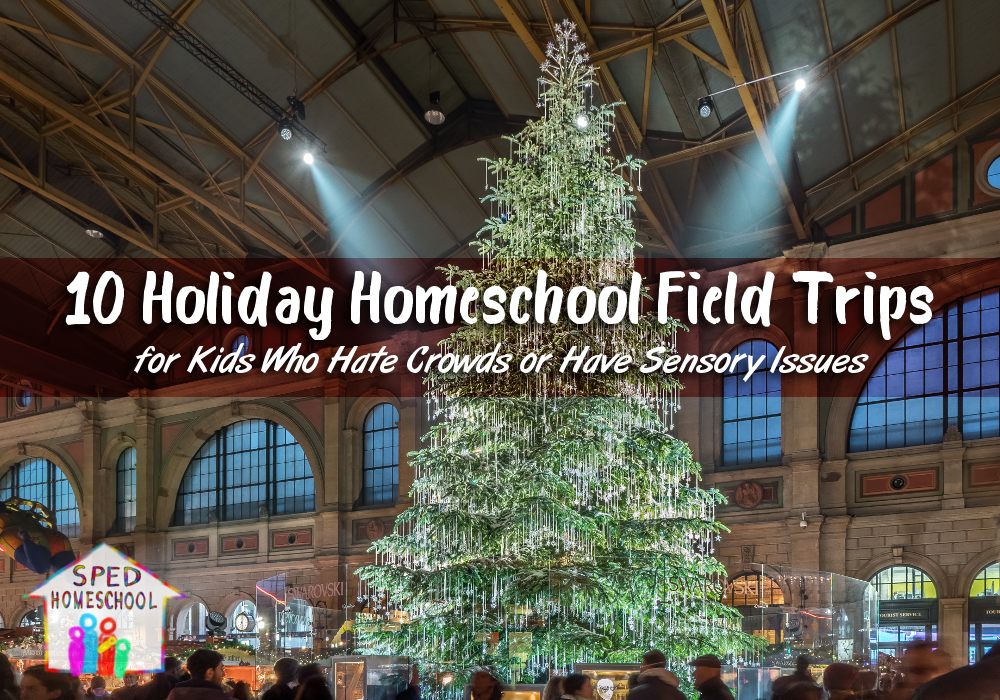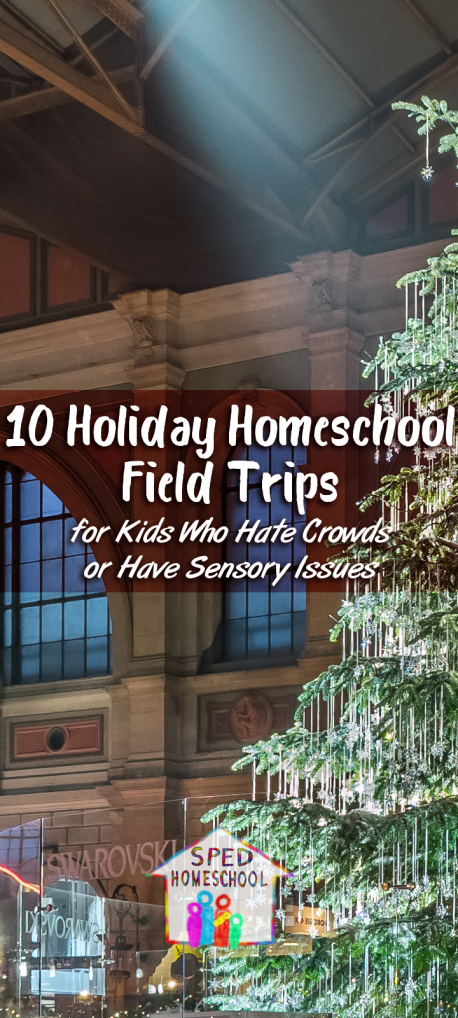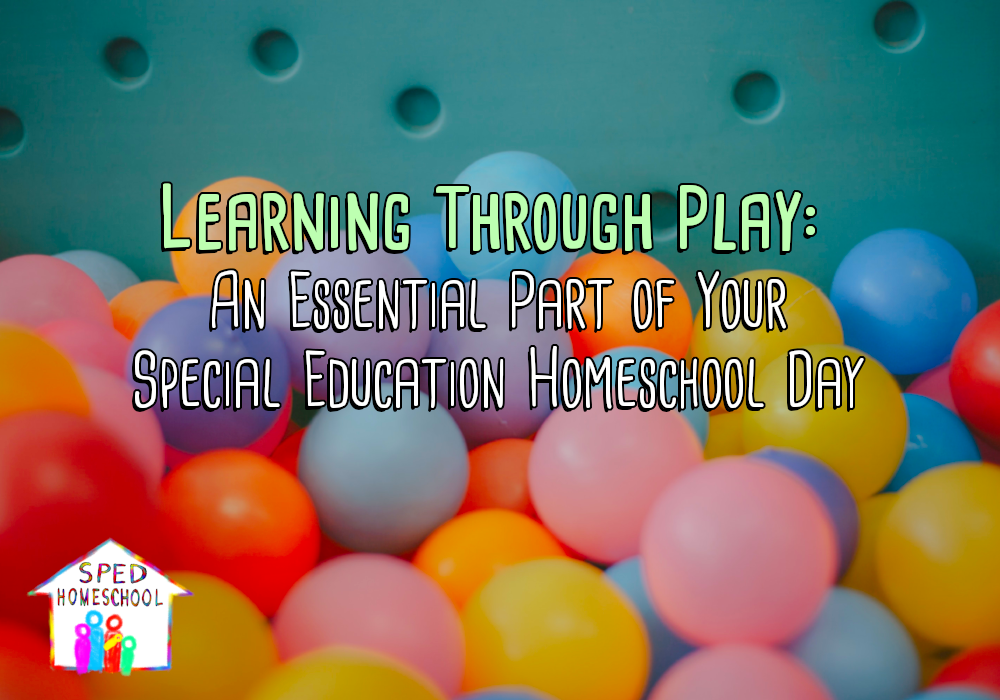
There are days my son just needs time to play. As a homeschool mom, I feel accountable for his time during the day and ensuring that he is spending the time he should on “school.” So on the days when my son expresses a deep need to spend time engaged in play, I have to remind myself that play is learning too. Whether by himself or engaged with other children, my son is learning from his interaction with toys, his brother, cousins and friends.
Specific Skills Learned Through Play
There are many skills that are learned through play. From playing with blocks to pretending and playing with friends, the skills learned while engaged in play are beneficial to any child. Our special children need to be engaged in play even more! For a child like mine, who develops social and other skills at a slower rate, play is so important to reinforce his skills and teach him new ones as he is ready to learn them. Take a look at the kinds of things our kids are learning through play.
Social Skills: Sharing, turn taking, negotiating, compromising, and leading or following
Physical Skills: Fine motor (in preparation for or to reinforce writing skills), large muscle, spatial awareness
Language and Literacy Skills: Phonological awareness (how sounds make up words and are used in words), conversation skills (taking turns, responding appropriately, discussion between character toys), communication skills (expressing desires and needs), new vocabulary they need for play with a certain toy
Cognitive Skills: Math, problem solving skills, science skills (physics), trial and error, learning how to make it better the next time
Self-Esteem: Show accomplishments and abilities, trying out new things without feeling pressured, relating accomplishments to peers or adults nearby (“See,” or “Look at me”)
Preparing for Life Ahead: Learning independence, thinking, making decisions, cooperating/collaborating with others, problem solving, goal setting and accomplishment
Social Developmental Stages of Play
As children grow and develop, the way they play changes. Each of these stages are important and children must grow through these stages at their own pace. There are ways to help them grow into the next stage if a child has difficulties.
Unoccupied Play: When a child is busy playing but they are not engaged with any people or toys, and the play appears random.
Solitary Play: Playing with a toy by themselves and not being interested in the toys or activities of others.
Onlooker Play: The child watches others play but does not join in the play.
Parallel Play: The child plays side-by-side with other children, with the same toys, but does not interact with the other children.
Associative Play: The child plays with other children, but they do not share a common goal.
Cooperative Play: Play becomes organized into groups and teamwork, children learn to share the goal of the group and play by the group “rules,” willing to both contribute and accept others’ opinions.
It is fascinating to watch children grow and learn through these different stages, and the stages are important to learning how to work with others later in life. Even time spent in solitary play can help a child gain skills as they have their toys interact with one another, and they interact with their toys.
Supporting Your Child in Play
Learning how to play with your child takes time and practice, but it is fun and worth your while! Here are some suggestions for playing with your child:
Observe: Watch what your child is doing. What he doing well? What might he need help with? What are his favorite activities?
Follow: When you join in, follow along with what your child is doing, try not to “take over,” but to follow the rules and guidelines they set up
Be Creative: Don’t worry about looking “silly,” enjoy playing with your child! I have worn many things on my head or “drank and ate” many made up meals. Also, use toys in different ways to show new and unique ways to do something your child might not have thought of yet.
Ask Questions: Talk with your child about their play and make conversation. Just enjoy being in the world of your child for however long you have, even if it is just 5 minutes! A little time can make a big difference!
Make a Plan: When you transition to or play, have your child make a plan of what they are going to go play and how they are going to do it (“I’m going to build a house with blocks”), then help them get started on their plan. This teaches how to set a goal and accomplish it! Then, they can go on and play other things.
If your life is like mine, the time my children are engaged in play is about the only time I have for myself to catch my breath, wash dishes or prepare for the next subject in school. That time is important, but I also try to make time everyday to play! Have Fun!
Learn More About Play
Information from some of these sites were used in writing this article. If you would like to learn more about learning through play, we encourage you to check them out.
10 Things Every Parent Should Know About Play
3 Benefits of Learning Through Play
What Children Learn Through Play
Children Learn Through Play
Supporting Play Activities
Six Stages of Play: How Children Develop Social Skills
How Kids Learn to Play: 6 Stages of Development
Tools of the Mind
Also, make sure to check out all the great resources from SPED Homeschool on our YouTube Channel, Facebook, Instagram, Pinterest, Podcasts (on Podomatic/iTunes/GooglePlay), and Twitter.
Did you benefit from this article?
Would you consider a small donation to support the ongoing work of SPED Homeschool?
Click Here to Donate Today
